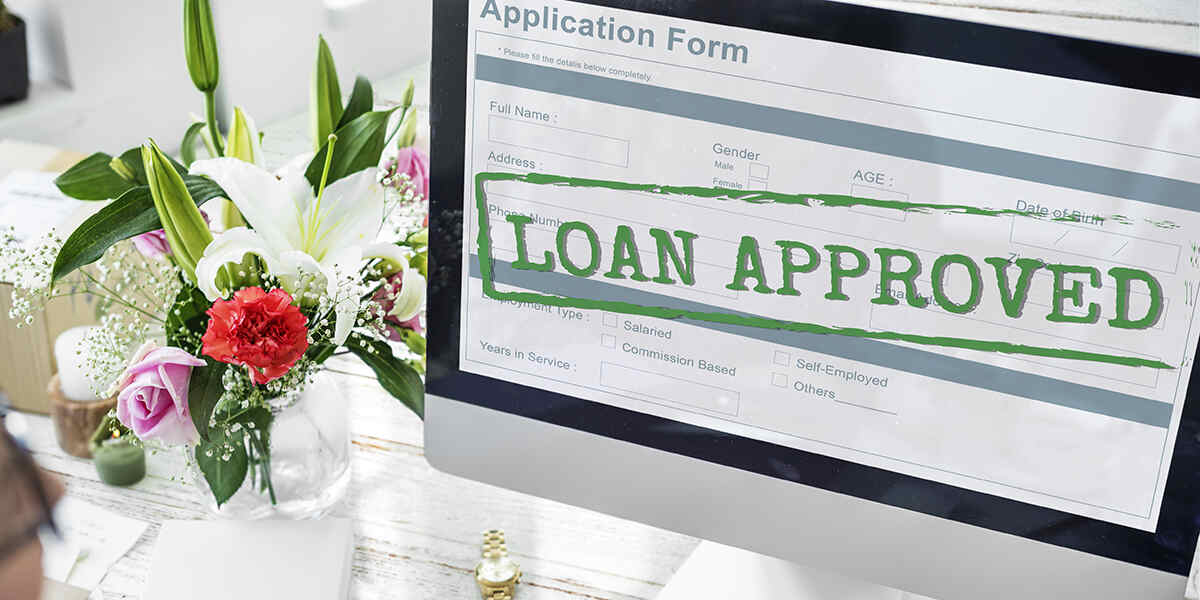Are you thinking about buying a home and want to know more about mortgages? Fixed-rate mortgages are common, but there are other options to consider. In this article, we’ll look at different types of mortgages that could help you save money over time.
Understanding these alternatives can help you make a smart choice when financing your dream home. Let’s take a closer look at the various mortgage options available.
Comparison of Fixed-Rate and Adjustable-Rate Mortgages
Fixed-rate mortgages and adjustable-rate mortgages have differences in how their interest rates work.
-
Fixed-rate mortgages keep the interest rate the same for the entire loan term. This helps with stable monthly payments and easier budgeting.
-
Adjustable-rate mortgages (ARMs) start with a lower interest rate that can change over time. This leads to varying monthly payments based on broader interest rate changes.
When choosing between the two, borrowers should think about factors like how long they plan to stay in the home, their financial situation, and their comfort with risk.
-
Fixed-rate mortgages protect against rising interest rates but might be harder to qualify for when rates are high.
-
ARMs offer lower initial payments but carry the risk of future payment increases.
Getting advice from a financial advisor can help individuals make a well-informed decision about which mortgage option best suits them.
Understanding Fixed-Rate Mortgages
A fixed-rate mortgage has a stable interest rate throughout the loan term. This helps in predicting monthly payments and budgeting. On the other hand, adjustable-rate mortgages have fluctuating interest rates influenced by the market.
With a fixed-rate mortgage, borrowers are protected from sudden increases in interest rates, making it easier to plan without financial stress. But, during high-interest rate periods, getting approved for a fixed-rate mortgage might be harder due to stricter criteria.
While ARMs may initially have lower interest rates and be easier to qualify for, they come with the risk of future payment hikes. To choose between the two, borrowers should consider the pros and cons, evaluate their finances, and seek advice from financial experts to avoid potential issues.
Exploring Adjustable-Rate Mortgages
Adjustable-rate mortgages have lower initial interest rates than fixed-rate mortgages, making them attractive for borrowers who want more manageable monthly payments at the beginning of their loans.
However, ARMs also have the risk of interest rate changes. This can lead to higher monthly payments in the future. The changes depend on overall interest rate trends, which are affected by the market’s economic conditions and financial indicators.
Before choosing an ARM, borrowers should assess their financial situation and future income. This helps ensure they can handle possible payment increases later on. Consulting with a financial advisor is also important. This helps weigh the pros and cons of ARMs and fixed-rate mortgages. Factors to consider include loan terms, market conditions, and personal financial goals. This way, borrowers can make well-informed decisions that suit their long-term financial health.
Choosing Between Fixed-Rate Mortgages and ARMs
Individuals need to consider different factors when choosing between a fixed-rate mortgage and an adjustable-rate mortgage. Interest rate trends and personal financial goals are significant in this decision-making process.
Fixed-rate mortgages provide a consistent interest rate for the entire loan term, making it easier to budget. In contrast, adjustable-rate mortgages usually start with a lower interest rate but can change based on broader interest rate trends, affecting monthly payments.
Fixed-rate mortgages offer protection from sudden payment increases if interest rates increase, but getting approved for one when rates are high can be harder. ARMs have lower initial payments and potential savings, but there’s a risk of payments rising as interest rates fluctuate, potentially causing financial challenges.
Individuals should assess their financial stability, long-term goals, and willingness to handle payment changes to decide between the two. This evaluation helps in determining the best mortgage option for their specific situation.
Exploring Alternative Mortgage Products
Alternative mortgage options go beyond traditional fixed-rate and adjustable-rate mortgages. Some examples include:
-
Temporary Buydowns: These provide initial interest rate reductions to ease early loan payments.
-
Home Equity Lines of Credit (HELOC): Allows access to home equity for emergencies or projects.
-
Home Equity Loans: Offers a lump sum based on home equity, usually at a lower interest rate.
Exploring these options offers flexibility and potential cost savings. When choosing, borrowers should consider factors like financial goals, risk tolerance, and future plans. Understanding terms and potential risks is crucial to making an informed decision. Consulting a financial advisor or a mortgage broker like Champions Mortgage can help navigate complexities and choose the best option.
Understanding Home Equity Loans and Lines of Credit
Home equity loans give borrowers a lump sum of money initially, while HELOCs offer a flexible line of credit. Home equity loan interest rates are usually fixed, ensuring steady monthly payments. On the other hand, HELOC interest rates can change depending on market conditions. People use these products for home improvements, debt consolidation, emergencies, or large purchases.
These options provide lower interest rates compared to other loans, making them attractive for cost-conscious borrowers.
Differentiating Alternative Sales Transactions
When comparing traditional and alternative sales in fixed-rate mortgage alternatives, it’s important to look at key factors.
Traditional sales involve a simple property purchase or sale. Alternative sales offer more flexibility and creativity in the deal structure. These alternatives can be lease-purchase agreements, seller financing, or rent-to-own arrangements.
These alternative methods can impact the real estate market by giving more options to buyers who can’t qualify for a traditional mortgage or prefer different financing.
When choosing between traditional and alternative sales, consider the buyer’s financial stability, long-term goals, risk tolerance, and market conditions. Consulting with a real estate pro or financial advisor can help navigate these options and make an informed decision that fits individual circumstances and goals.
Exploring Key Factors in Mortgage Selection
When choosing a mortgage, it’s important to think about:
-
Stability of interest rates
-
Predictability of monthly payments
-
Protection from sudden increases
-
Ease of qualification
Fixed-rate mortgages keep the interest rate the same for the entire loan term. This means consistent monthly payments and protection from rising rates.
Adjustable-rate mortgages start with lower rates but can change based on market trends. This might affect monthly payments and qualification requirements.
Other mortgage options to consider are:
-
Temporary Buydowns
-
Home Equity Lines of Credit
-
Home Equity Loans
-
Loan Assumption
-
Alternative Sales Transactions
These alternatives have pros and cons compared to traditional mortgages, offering flexibility and possible cost savings depending on your financial situation and goals. It’s crucial to carefully review these options with market conditions in mind. Seeking advice from financial experts can help you make well-informed decisions that fit your needs.
FAQ
What are the benefits of exploring alternative options to fixed-rate mortgages?
Exploring alternative options to fixed-rate mortgages can provide potential benefits such as lower initial interest rates, flexibility in payment schedules, and the ability to take advantage of changing market conditions. Examples include adjustable-rate mortgages or hybrid mortgages.
What are some common alternative options to fixed-rate mortgages?
Some common alternative options to fixed-rate mortgages include adjustable-rate mortgages, interest-only mortgages, and balloon mortgages.
Are adjustable-rate mortgages a good alternative to fixed-rate mortgages?
Adjustable rate mortgages can be a good alternative if you plan to sell or refinance within a few years. They typically have lower initial rates but can increase over time. Fixed-rate mortgages offer more stability over the long term. Consider your financial goals before deciding.
How do interest-only mortgages compare to fixed-rate mortgages?
Interest-only mortgages usually have lower initial monthly payments but come with the risk of higher payments in the future. Fixed-rate mortgages provide stability with predictable payments throughout the life of the loan. It is important to consider your financial goals and plans when choosing between the two options.
What factors should I consider when deciding between fixed-rate mortgages and alternative options?
Consider your financial goals, current budget, and risk tolerance. Fixed-rate mortgages offer stability, while adjustable-rate mortgages can provide lower initial rates. Compare the total cost over the life of the loan to determine the best option for you.
Explore alternative options to fixed-rate mortgages with Champions Mortgage. Our knowledgeable team can guide you through adjustable-rate mortgages, interest-only loans, and other flexible financing solutions. Contact us today to discover which mortgage type best suits your financial needs and goals.







